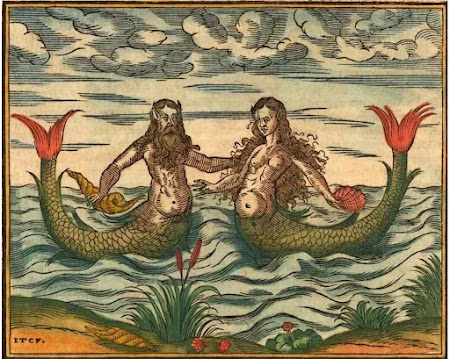 |
| Emily Dickinson
drawings above & below by Barbara Cooney |
an Emily Dickinson mystery by Amanda Flower
320: "If you are a writer, a true writer, you can always write if only but a little. You thrive on it. You need it, and it needs you."
247: "Being paid for your work doen't necessarily make you a writer. Being able to contribute to the world in any manner of the written word, on the other hand, does."
It has a song—
It has a sting—
Ah, too, it has a wing."
In the novel, Emily murmurs these words to herself as she discovers a bumblebee nestled in an indoor flower arrangement and gently places the cut stem outdoors to spare the bee's life:
"The bumble deserves this flower because he gave me much inspiration tonight. Anyone who can inspire a poem deserves a flower to have and keep. . . . The blossom will be withered in the morning, but for this night he will sleep in bliss." (182)
In addition to deep thoughts of writerly introspection and references to many poems, Amanda Flower has filled her novel I Heard a Fly Buzz When I Died with light-hearted speculation -- was Emily Dickinson a sleuth, investigating local crime; did she have a loyal made and confidante such as Willa; did she ever meet Ralph Waldo Emerson in the 1850s?
A young gardener working for Emily purchases a ceramic American goldfinch ornament as a present for his fiance in Ireland: "to give her a bit of hope to hold on to" (171). Throughout the novel (179, 324), the repeated motif of the figurine merges with Dickinson's iconic line: "Hope is the thing with feathers".
Repeated lantern imagery (268, 270, 317) reminded me of this questing metaphor:
~ Emily Dickinson ~
[from an 1855 letter to her friend Elizabeth Holland]
**********************
Click to see:
a beautiful slide show
of the Dickinson Homestead
December 10, 1830 ~ May 15, 1886
"If I read a book and it makes my whole body so cold no fire can warm me, I know that is poetry. If I feel physically as if the top of my head were taken off, I know that is poetry. These are the only ways I know it. Is there any other way?"
August 16, 1870
*******************
Previous Emily Dickinson mystery by Jane Langton






















